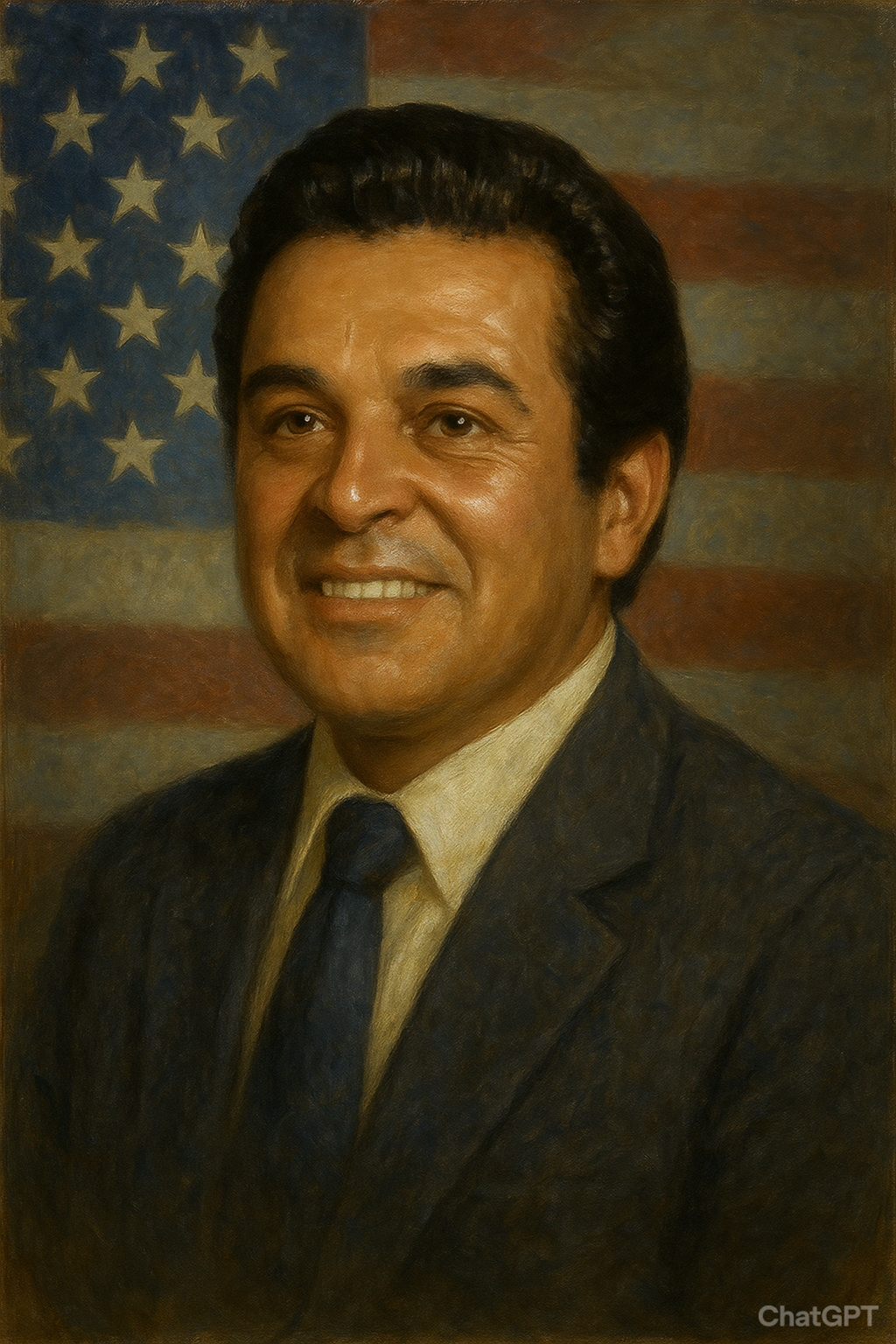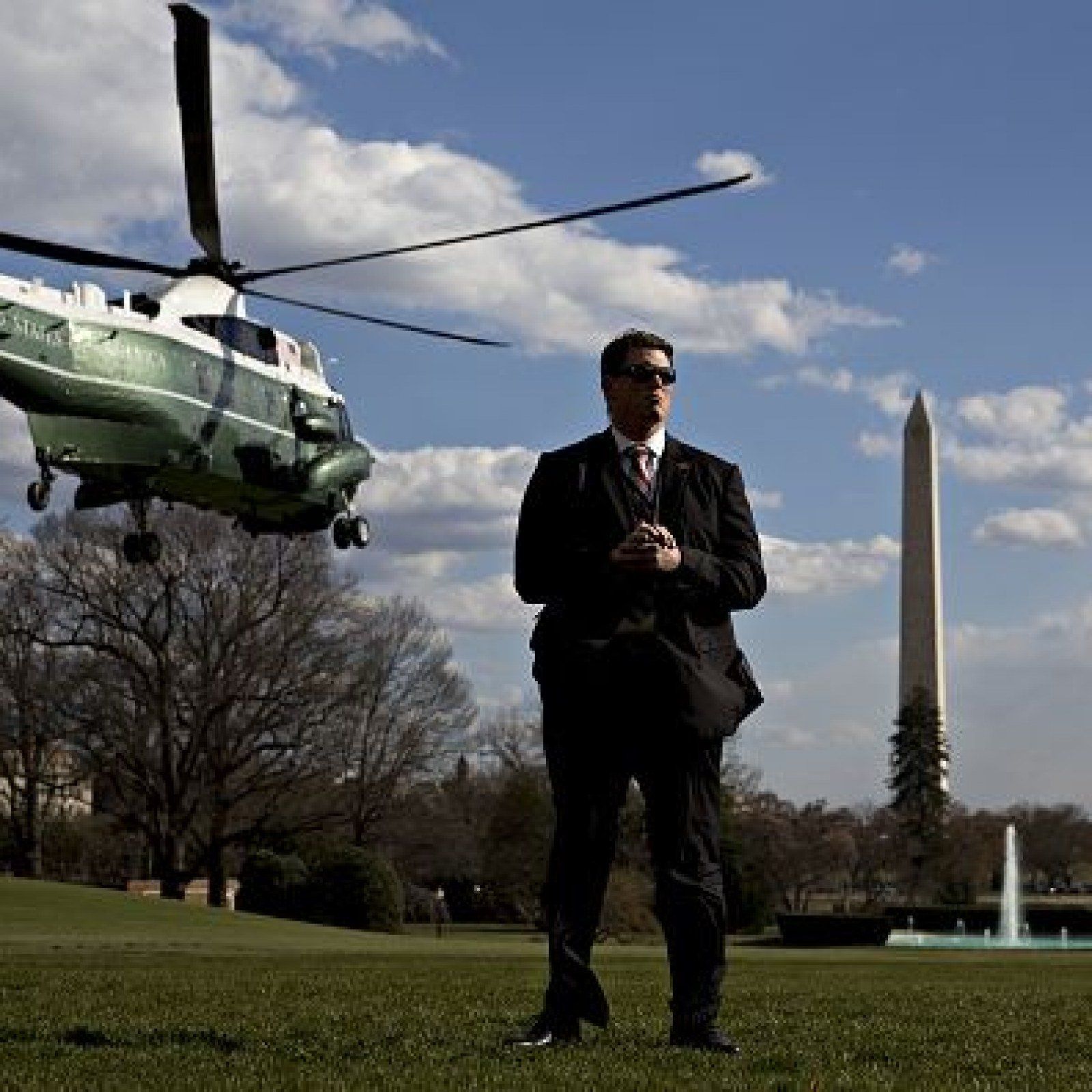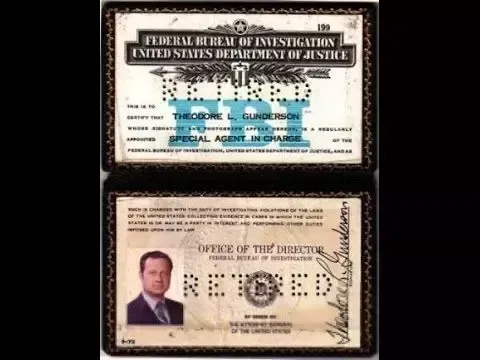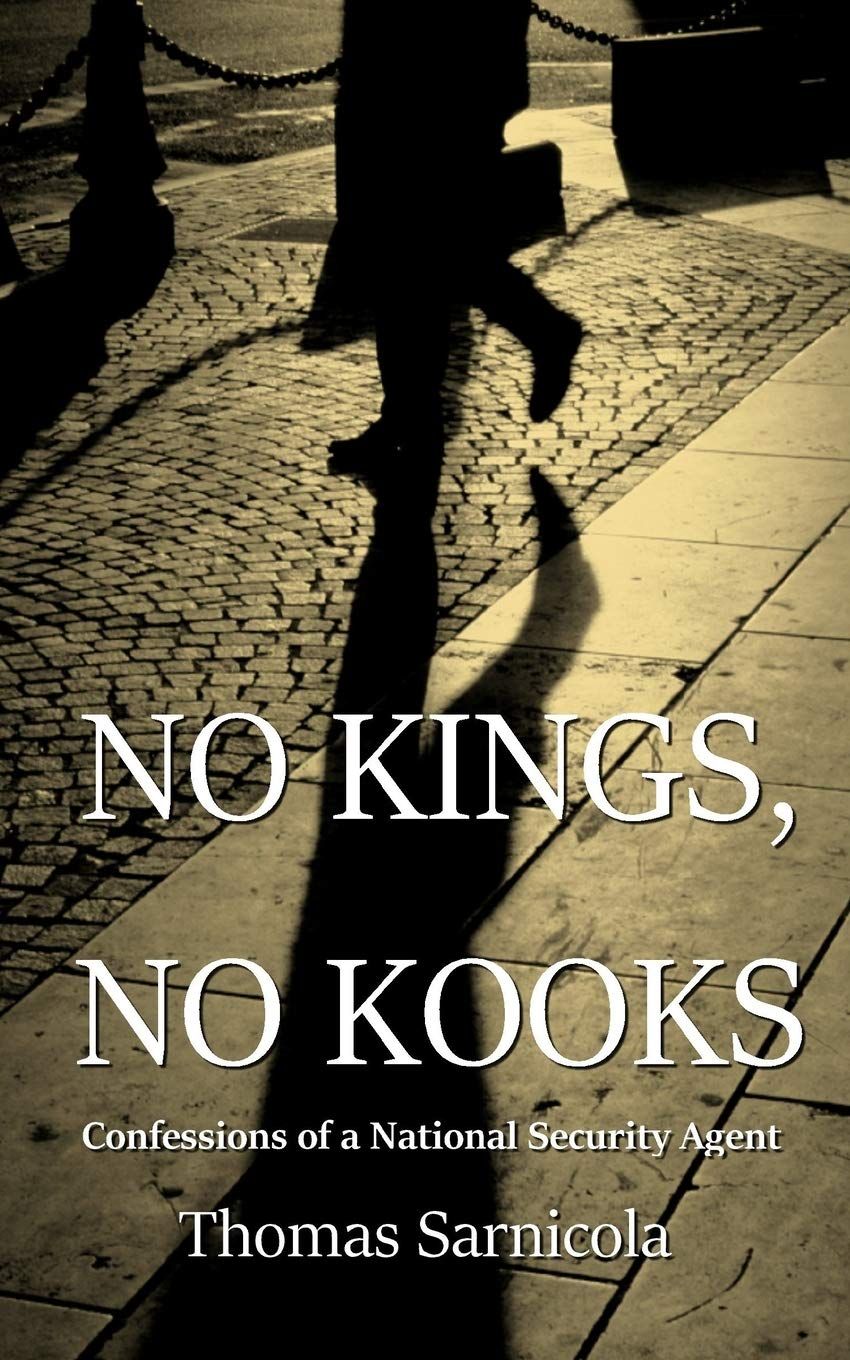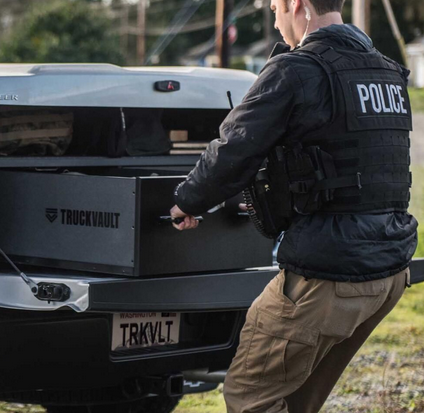Transitioning from Police Officer to Special Agent
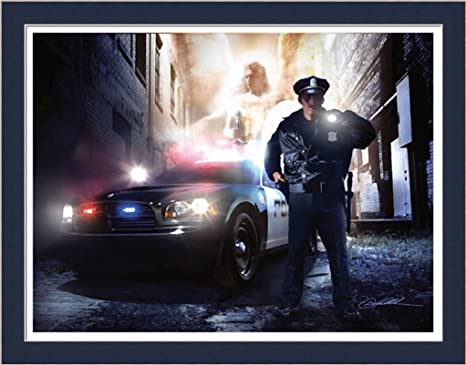
When working with State & Local law enforcement agencies, I am often approached by uniformed officers who are interested in the federal law enforcement profession. Here are a few points I would offer for those police officers considering the transition:
Decide Early
Make the move to the federal law enforcement EARLY! There are two important reasons for this advice.
- First, you cannot be above the age of 37 when starting any federal law enforcement position (Note: Only military gets certain exceptions). In practicality, many agencies will cut off the applicants between ages 35-36 since it can take upto two years for the selection process to finish. This mandatory cutoff is written in statute since all 1811 Special Agents must retire at age 57. Since you need 20 years of covered service to be eligible for our pension, that 37 maximum age of entry has become a hard deck for entry.
- The law enforcement Federal Employees Retirement System (FERS) does not offer any reciprocity to State and Local pension systems. Depending on the system in your State and your years of service, you may or may not be "vested;" which means once you transfer to the FEDS you may immediately lose those accrued years of service. Obviously, if you left at three years of service it is not a big thing but imagine leaving at nine years of service and losing that annuity. Always worth thinking about.
The Pay Issue
The Pay Question: In general, the starting pay for 1811 Special Agents is competitive and varies by region. Check out my Lifestyle & Benefits Section to learn what the starting pay would be in your area. Also, although Special Agents generally earn a solid middle class income, their potential for working overtime is severely limited (Secret Service is an exception).
In general, compared to the East Coast Police Departments, the pay for Special Agents can be double that of the State & Local Departments. Conversely, compared to many major California police departments, the federal starting pay is well under the going rate but catches up after 3+ years. What I see often is that
most
uniformed officers have to work overtime in order to make the same amount of money as Special Agents. Officers also have the option of working unlimited number of extra hours and exceeding the pay of even senior 1811s. Conversely, all Special Agents receive something called Law Enforcement Availability Pay (LEAP) which is a 25% premium built into their salaries to cover the unscheduled nature of their job (i.e. surveillance or warrant runs late). That is the standard compensation for 1811s and overtime opportunities can be exceedingly rare. Research the locality pay for your region in
ADVANCE of your application and determine early on if this is something that works for your situation.
Experience to be a Competitive Applicant
Most competitive service Special Agent vacancy announcements want three years of investigative experience and will often explicitly state that patrol work does NOT qualify. The best way to overcome this obstacle as a patrol officer is to obtain a four year college degree. A college degree paired with three years of substantive work experience (patrol would qualify with this combination) would then make a patrol officer a competitive candidate. Conversely, a detective would automatically qualify for many 1811 positions (i.e DEA, ATF, HSI, Secret Service, US Marshals), however, your chances of selection may also depend on the type of hiring announcement. Under a general vacancy announcement, the applicant with a computer science masters degree will likely bump a detective. Conversely, a detective who applies under the Direct Hire announcement will likely be the preferred candidate as the local office has probably seen his/her work and wants those investigative skills. To make things even more confusing, some federal agencies use the Excepted Service hiring model which requires a college degree at a minimum, regardless of your experience level (i.e. FBI).
If you have the opportunity, get on a federal task force (either full time or part time)! Most federal law enforcement agencies go out of their way to hire their task force officers as they are vetted candidates. Agencies such as ATF and HSI will frequently conduct a direct hire program and move their task force officers to the front of the hiring line. This is the ultimate back door route to a Special Agent position and is an incredibly advantageous process for current State/Local officers or detectives.
Selecting the Agency that Fits Your Skills & Personality
Selectively choose the agency that will
best value your law enforcement experience. Virtually all local law enforcement officers aspiring to be specials agents apply to the FBI and
most are rejected. Unfortunately, many candidates do not understand that the FBI
intentionally limits law enforcement applicants in order to diversify their workforce with graduate degrees, teachers, foreign languages, aviation, CPAs, engineers, etc. Worse yet, the FBI places all their military AND law enforcement candidates in one group; which means a police officer would have to compete for the same limited slots with a Navy Seal or Intelligence Officer! Conversely, police officers who apply with the DEA, ATF, and HSI are placed in the same general applicant pool, which
favors all candidates with law enforcement experience. Additionally, if you have a degree, your chances of making it into agencies such as the Secret Service or Diplomatic Security Service is significantly better than the FBI. I don't want to kill anybody's dream of joining the FBI and if you are committed to them then just realize you
need to do something different. One of the
easiest ways to get hired as an FBI Special Agent is to learn a critical foreign language, possess aviation experience or earn a relevant advanced degree (CPA or Forensics). Those skills tend to be among the fewest applicants in that category vs. the general law enforcement group (which is likely in the thousands).
Federal Academies
All 1811 federal law enforcement agencies require you to attend their full-time live-in academies. The feds pay for your full salary while at these academies. There is no option to "pay-your-way" in an academy and try to get hired afterwards. You must be hired by a federal agency first. Additionally, you are not allowed to bring your family to the academy and anyone caught living off-campus is usually terminated onsite. Additionally, if you attend the Criminal Investigator Training Program (CITP), which is used by many agencies (i.e. ATF, US Marshals, HSI, DSS Secret Service, OIGs, etc.) you are able to "lateral" over to those agencies later in your career and go straight to their follow-on course. Conversely, if you attend the stand alone academies (US Postal Service, FBI, DEA) and for example want to join DSS later in your career, you will likely be required to attend CITP (although every agency is constantly modifying their exceptions).
Relocation & Mobility
Many 1811 agencies are now offering the available locations at the onset of the job offer in order to reduce declinations. This means that if you live in Seattle and want to stay in the *area,* there may be a good chance you can get the downtown Seattle or Tacoma office. However, you must still be willing to relocate to within 50 miles of the office since this is a GSA rule that applies to your take-home vehicle. Conversely, you may also get offered Alaska, Hawaii or even New York City. In general, the high cost of living and austere areas are hard to fill and consequently get the most new special agents so the experienced criminal investigators have the opportunity to transfer out. The transfer system within the 1811 agencies varies but you must be realistic and flexible. Let's say you got offered San Francisco and you are originally from Georgia. You would likely be eligible to transfer after three years but trying to specifically get the Charleston Office (which is very desirable) could be virtually impossible for at least 10-15 years. Conversely, if you are willing to accept *any* office in Florida or perhaps a teaching assignment at the Federal Law Enforcement Training Center (FLETC); then the chances of you getting a move close to your preferred geographic region goes up dramatically. Unfortunately, the online forums are full of bitter agents holding onto that one hard to get office and have not learned how to use the transfer system to their advantage. Either way, if the 1811 profession is important to you, take the first job offer location and don't look back. You will always regret turning down your first 1811 offer....always. Why? Because another offer may not come your way for another 2-3 years and only after you complete the entire selection process all over again.
On a related point, if you are not ready to potentially move, leave six months for an academy or dramatically change your job responsibilities; do not apply for an 1811 position. I am constantly surprised to hear from workforce management that many police officers turn down the final job offers due to a number of reasons they should have figured out in advance (i.e. pay disparity, location, academy length, etc.). You don't want to be that blacklisted candidate.
Other Related Lifestyle & Benefits
Most of the major agencies also have overseas postings. These are typically reserved for senior agents (GS-13 and above). Like anything, the desirable locations are hard to get and the austere locations (typically in third world countries) are often vacant.
Virtually all major agencies assign every special agent an unmarked take-home law enforcement vehicle, commonly referred to as the "G-Ride." All special agents are required to live within 50 miles of their home office.
The amount of travel varies dramatically from agency to agency and your assigned investigative responsibilities. In general, the Secret Service has the most amount of travel. Conversely, if you are a regular criminal investigator within the FBI, DEA, ATF, or HSI, you may not travel very often; unless that is something you are seeking. There are always opportunities for those seeking and interested in Temporary Duty Travel (TDY).
The administrative burden is also higher in the federal system. Be prepared to do monthly reports for your hours and take home car. Also expect to do regular computer based trainings for various Human Resource topics (i.e. Data Privacy, Harassment, Classified Information, etc.). Even our source management systems are paperwork intensive. Yes, this is all beyond annoying but it is a routine part of the federal government. The upside is that the federal government significantly invests in their workforce and typically updates equipment and office space on a much more frequent schedule in comparison to State/Local agencies. My agency has invested in a proprietary communications app, a nationwide upgraded radio system and our own multi-million dollar database; the good comes with a bureaucracy.
A federal law enforcement officer can indeed carry a firearm on any domestic flight at any time either on-duty or on leave. You do NOT need permission from your supervisor or a letter. In the event of a serious in-flight emergency, you are expected to respond.
Federal Cases - A Long Burn
The investigations conducted within the federal law enforcement system are extremely slow and methodical compared to State/Local cases. For example, a typical narcotics case targeting a distribution network can easily take 1 - 2 years and involve copious amounts of research, database checks, surveillance, subpoenas, financial analysis, undercover operations, etc. If you have a disdain for large amounts of investigative work; then the standard criminal investigator position is NOT the job for you (i.e. DEA, HSI, ATF, FBI, OIG, etc.). Someone who has an operations based personality might be a better fit with the US Marshals, Diplomatic Security Service or Secret Service. Many officers have made the transition to the wrong 1811 agency and quit soon afterwards when it is not a fit for their personality or skills.
Be prepared to write extensively. As a true 1811 Criminal Investigator working on federal cases, you are expected to detail and document virtually everything. Your reports will be scrutinized by federal prosecutors and all Special Agents are expected to write at a college level. Most federal reports are longer than state/local reports and federal affidavits are usually three to four times in length compared to State affidavits.
Training and Specialization
Most of the large federal agencies have routine training opportunities. Whether it is a certification course (i.e. SWAT, Undercover, Firearms, Forensics, Polygraph) or an advanced investigative topic (Intelligence, Narcotics, Gangs, Terrorism, Money Laundering); the training opportunities are truly endless. Relatedly, the opportunities to specialize also varies based on the agency. After a few years, most of the agencies allow special agents to choose a collateral duty (i.e. firearms instructor, undercover, SWAT, computer forensics, crime scene, technical operations, etc.). The selection process varies and also depends on the agents skills and reputation. Additionally, there are routinely announcements for temporary duty assignments (ranging from 30 days - 18 months) at headquarters, the training academies and even overseas postings.
The major agencies do allow for 1811s to work in task forces but don't bank on it as it varies dramatically. In general, if you are street oriented and want to work the State/Local task forces; the opportunities are there in gang or narcotics task forces. Your job as the federal representative is typically to look for targets that can be prosecuted by the Assistant United States Attorney's Office. One of the most effective things that Special Agents can do is to pick a violent felon and charge them federally for firearms offenses, which often have a mandatory five year minimum sentence!
Expect a ton of discretion in your casework and general 9 - 5 work hours. Obviously this will vary based on circumstances and investigative assignments, however, in most cases the warrants are scheduled and the operations are pre-planned. Unless you are assigned to something like the Gang Unit in HSI or the Bank Robbery Squad at the FBI, you won't be running out the door too often. Again, this can vary depending on your office mission and geographic location.
The "Anti-Police" America
One of the best advantages to being an 1811 Special Agent is that we are less exposed to the public on a day-to-day basis. We often work proactive cases in plainclothes and generally only wear markings when executing search or arrest warrants. In today's "anti-policing" environment, this has become a big advantage and definitely reduces our collective stress level. Additionally, we are covered by federal laws and are not subject to State & Local political winds, which have the added benefit of protecting us from ill-conceived or retaliatory actions. As a civil servant, Special Agents also have incredibly strong job protections and cannot be fired for refusing illegal or unethical directives. Additionally, federal agencies reimburse half of your personal liability insurance, which provides an additional legal safety blanket against frivolous lawsuits. In short, Special Agents can have a law enforcement career without all the negative issues that uniformed agencies must contend with on a day to day basis (i.e. homeless, mental health, protests, constant video surveillance, local politics, 911 calls, etc.).
Conclusion
The comradery within the federal law enforcement profession does exist but it is typically *not* as strong as that in the uniformed patrol. Although some of the specialty units do become close (i.e. SWAT or Undercover), the battlefield like bonds that come with patrol are very unique and as a result of the dangerous and unpredictable patrol mission. Expect a change in this department as most 1811 work is office based (which is shared with administrative personnel) and the amount of field work depends on your agency's mission.
Any serious candidate for the Special Agent position should also note the following:
- The Special Agent Entrance Exam is a high barrier to entry for some applicants and requires a commitment to study. Read my Special Agent Test Prep Blog to learn more and prepare yourself.
- Start taking your personal digital security seriously. Read my blog "Basic Online Security for Special Agents" to learn more.
I believe the 1811 Criminal Investigator position is one of the
best law enforcement jobs in the world. You can truly work meaningful cases, enjoy a balanced lifestyle and potentially travel all over the country. I encourage all State/Local law enforcement officers who are interested to check out my agency profiles to learn more. I hope this provides good overview of the differences between State/Local policing and Federal Law Enforcement. Good luck to you all!
Give the Special Agents Blog a Like on Facebook!

